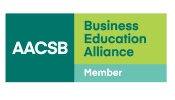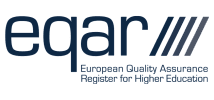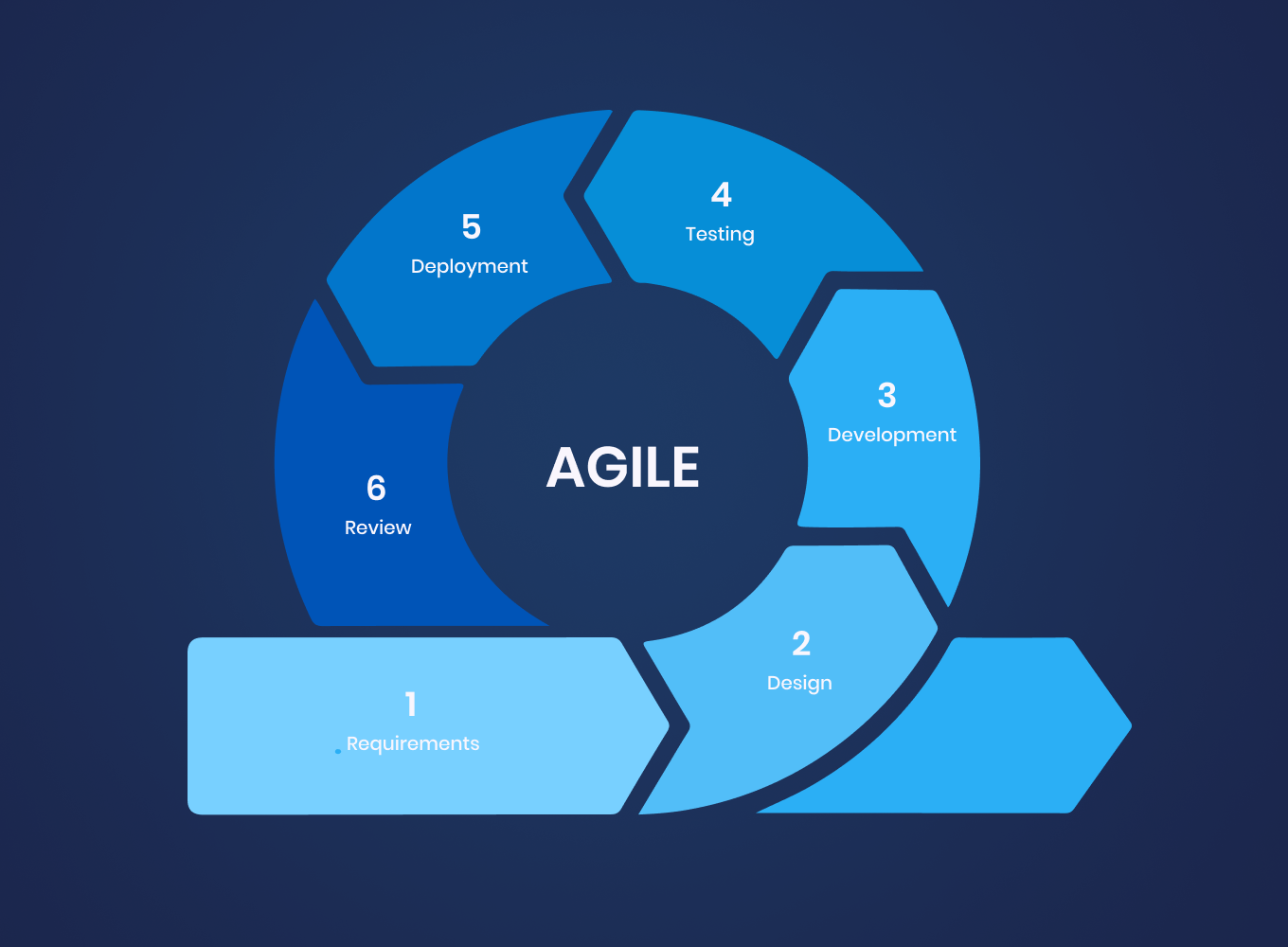
Agile Project Management
An Agile Project Management course is designed to equip individuals with the skills and knowledge necessary to effectively manage projects using Agile methodologies. Agile Project Management emphasizes iterative development, flexibility, collaboration, and customer feedback to deliver high-quality products or services.
Overview
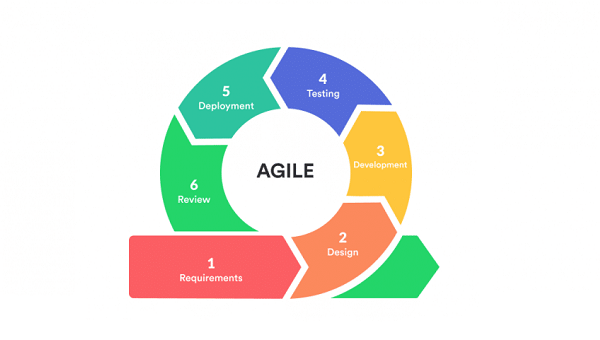
Agile Project Management Essentials

Agile Project Management
Course Learning Objectives
Agile Project Management Overview
Agile Project Management is a project management approach that emphasizes flexibility, collaboration, and rapid delivery. It involves breaking down work into small, manageable chunks (called sprints or iterations), prioritizing tasks based on customer value, and continuously delivering working products to stakeholders. Agile teams use iterative and incremental practices to manage and control changes to the project scope, schedule, and resources.
Course Learning Objectives (CLOs)
Upon completing this course, students will be able to:
CLO 1: Explain the principles and values of Agile Project Management and its advantages over traditional project management approaches.
CLO 2: Identify the key roles and responsibilities in an Agile team, including the Product Owner, Scrum Master, and Development Team.
CLO 3: Describe the Agile project life cycle, including the phases of Planning, Iteration (Sprint), Review, and Retrospective.
CLO 4: Apply Agile principles to estimate and prioritize project work using techniques such as story pointing, MoSCoW prioritization, and Kano analysis.
CLO 5: Develop an Agile project plan, including creating a Product Backlog, defining Sprint Goals, and establishing a Release Plan.
CLO 6: Apply Agile principles to manage and control changes to the project scope, schedule, and resources using techniques such as burn-down charts and velocity metrics.
CLO 7: Facilitate effective communication and collaboration among team members, stakeholders, and customers using Agile tools such as Jira, Trello, or Asana.
Student Learning Outcomes (SLOs)
Upon completing this course, students will be able to:
SLO 1: Apply Agile principles to manage small to medium-sized projects or portions of larger projects.
SLO 2: Create an Agile project plan that incorporates product backlog refinement, sprint planning, and release planning.
SLO 3: Estimate and prioritize project work using Agile estimating techniques.
SLO 4: Manage changes to the project scope, schedule, and resources using Agile change management techniques.
SLO 5: Facilitate effective communication and collaboration among team members, stakeholders, and customers using Agile tools.
By the end of this course, students will have a solid understanding of Agile Project Management principles and practices, enabling them to apply Agile methodologies to real-world projects and effectively manage complex projects in a dynamic environment.

Benefits
With AI, the world is your oyster! It is an emerging field, rapidly growing, ever evolving and watched with a keen eye by industries and markets globally. There are many benefits to an education in AI:
In demand Career
With a Bachelor in artificial intelligence you are equipped with in-demand skills in the rapidly growing field of AI. Knowledge of developing AI systems, data analysis and AI techniques makes you valuable across industries, right from healthcare, finance, tech and more. This degree prepares you for career that has multiple options for diversification. AI professionals include AI engineers, data scientists, machine learning specialists, AI consultants, researchers and more. AI is transformative technology that is revolutionising the world. With an education background in AI, you are set up in an in-demand career field with an exciting future ahead!
Innovation and advancement
Applied AI is all about finding solutions and using AI systems to make life simpler. Applied AI draws on its solid foundation in Computer Science to analyse and provide solutions for real world challenges. You are prepared to address complex problems and contribute meaningfully in domains like healthcare diagnostics, fraud detection, autonomous vehicles, personalised recommendations and more. Being able to apply AI techniques for solving tasks makes for an extremely rewarding and impactful job role!
Solving real world problems
AI aims to constantly bridge the gap between natural intelligence and machine learning - it is a field of cutting edge research, innovation and advancing technology. This makes it ever evolving, with new algorithms, models and techniques being developed. By studying AI at an undergraduate level, you gain a strong foundation in AI fundamentals that help you better understand the latest advancements. You step into a career that empowers you to push the boundaries of AI, contribute to research and development and drive innovation in the field.
100% International
Study at your own pace from anywhere in the world
Recommended by 96% of our graduates
According to our latest alumni survey
50,000+ students
enrolled in Germany’s largest university
Study contents
Agile Project Management Essentials
Admission
Agile Project Management Essentials
Education:
Bachelor's degree in a relevant field such as Computer Science, Engineering, Business Administration, or Management
Many Agile certifications require a minimum of 2-5 years of work experience in a related field
Certifications:
Agile certifications such as:
Certified Scrum Master (CSM)
Certified Agile Practitioner (CAPM)
Agile Certified Practitioner (ACP)
Certified Product Owner (CPO)
Agile Coach Certification (ACC)
Other relevant certifications like PRINCE2, PMP, or Six Sigma
Skills:
Strong understanding of Agile principles and practices
Experience with Agile frameworks such as Scrum, Kanban, Lean, or Extreme Programming
Knowledge of software development life cycles, including planning, development, testing, and deployment
Strong communication and interpersonal skills
Ability to work collaboratively with cross-functional teams
Familiarity with project management tools and technologies such as Jira, Asana, Trello, or Microsoft Project
Work Experience:
At least 2-5 years of experience in a related field, such as software development, IT project management, or product management
Experience working in an Agile environment, preferably as a Scrum Master or Product Owner
Proven track record of delivering projects on time and within budget
Soft Skills:
Strong problem-solving and analytical skills
Ability to adapt to changing priorities and environments
Excellent communication and interpersonal skills
Strong leadership and coaching skills
Ability to work in a fast-paced environment with multiple stakeholders
Personal Qualities:
Passion for Agile principles and values
Commitment to continuous learning and professionaldevelopment
Ability to work collaboratively with others
Strong sense of responsibility and accountability
Careers
Agile Project Management Essentials
Start Your Career Now
Agile project management is a popular methodology in the IT and software development industry, and there are several careers that involve agile project management. Here are some of the most common ones:
Agile Project Manager: This is a role that involves leading and managing projects using agile methodologies, such as Scrum or Kanban. The agile project manager is responsible for ensuring that the project is completed on time, within budget, and meets the required quality standards.
Scrum Master: A Scrum Master is a facilitator who helps the development team follow the Scrum framework and processes. They ensure that the team is working efficiently and effectively, and help to resolve any impediments that may arise during the project.
Product Owner: The Product Owner is responsible for defining and prioritizing the product backlog, which is the list of features or user stories that need to be developed. They work closely with the development team to ensure that the product is built according to the customer's requirements.
Development Team Lead: A Development Team Lead is a technical lead who oversees the development team and ensures that they are working efficiently and effectively. They may also be involved in planning and prioritizing tasks, and ensuring that the team meets its commitments.
Agile Coach: An Agile Coach is a professional who helps organizations adopt and implement agile methodologies, such as Scrum or Kanban. They may work with teams to identify areas for improvement and provide training and coaching to help teams become more agile.
Project Coordinator: A Project Coordinator is an administrative role that involves supporting the project manager in coordinating tasks, meetings, and communications. They may also be involved in tracking progress, managing resources, and ensuring that the project is completed on time.
Scrum Product Manager: A Scrum Product Manager is responsible for defining and prioritizing the product backlog, as well as working closely with the development team to ensure that the product is built according to customer requirements.
Agile Consultant: An Agile Consultant is a professional who helps organizations implement agile methodologies, such as Scrum or Kanban. They may work with teams to identify areas for improvement and provide training and coaching to help teams become more agile.
Team Lead: A Team Lead is a technical lead who oversees a development team and ensures that they are working efficiently and effectively. They may also be involved in planning and prioritizing tasks, and ensuring that the team meets its commitments.
Operations Manager: An Operations Manager oversees the day-to-day operations of an organization, including managing resources, tracking progress, and ensuring that projects are completed on time.
Student reviews
Coming Soon.
Tuition fees
Agile Project Management Essentials
All our study programmes include the following benefits
- Teaching and study material
- Marking of your end-of-module exams
- Monthly live and recorded tutorials
- Use of the online campus
- Individual study coaching
- Online exams
- Career coaching
- Learn English for free
Our global recognition

IU is recognised by WES Canada and U.S., which means your degree can be converted to points in the local system for purposes of immigration, work, or studies.
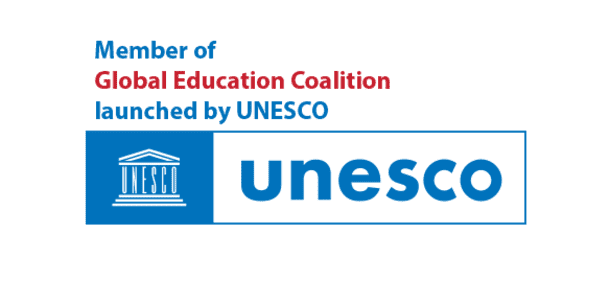
As the first EU institution in UNESCO's Global Education Coalition, IU is committed to ensuring accessible quality education to students in crisis worldwide through free online micro-credentials.
Our company partners
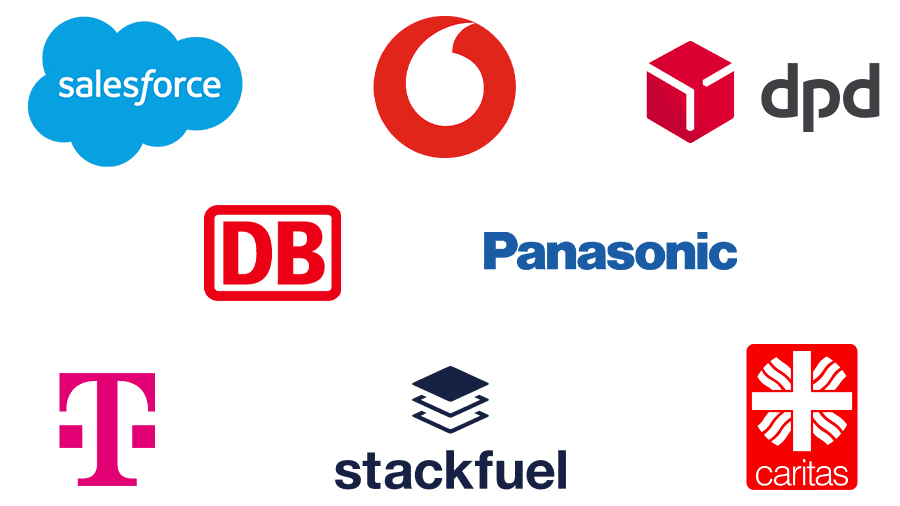
For over 20 years, IU has established partnerships with leading global companies. This offers you the chance to gain firsthand experience through internships and projects and allow us to adapt our learning content to the ever-evolving needs of the labour market. You'll benefit from an education designed to bridge the gap between theory and real-world practice, ensuring your readiness for your future career.
Recognition
Recognition of previous achievements
Have you already completed a training course, studied at a university or gained work experience? Have you completed a course or a learning path through EPIBM LinkedIn Learning, and earned a certificate? Then you have the opportunity to get your previous achievements recognised, and complete your studies at EPIBM sooner.

Save time:
Skip individual modules or whole semesters!
Even before you apply for a study programme, we’ll gladly check whether we can take your previous achievements into account: 100% online, no strings attached. Simply fill in our recognition application form, which you can find under the content section of each study programme's webpage, and upload it via our upload section. You can also e-mail it to us, or send it via post.
Send an email to [email protected] to find out which previous achievements you can get recognised. You can get your previous achievements recognised during your studies.
Recognition files
Autonomous vehicles developer
With AI, the world is your oyster! It is an emerging field, rapidly growing, ever evolving and watched with a keen eye by industries and markets globally. There are many benefits to an education in AI:
That’s why after graduating, you’ll be able to apply your professional skills and knowledge, and work for development teams at any sector you find appealing.


Augmented reality (AR/VR) developer
Virtual (or augmented) reality isn’t all just fun and games, as great and enjoyable as that aspect is. It can also be used for groundbreaking social and psychological research, defensive purposes and therapy.
With an Applied Artificial Intelligence degree from IU University of Applied Sciences, you can take part in this vital field of technological development, and work on a wide variety of interesting projects.
Change what the world thinks about the possibilities that AI offers, and make a real difference in people’s lives, while enjoying every step of the process.
F.A.Q
Frequently Asked Questions
You might also be interested in these study programmes
Accredited and certified










